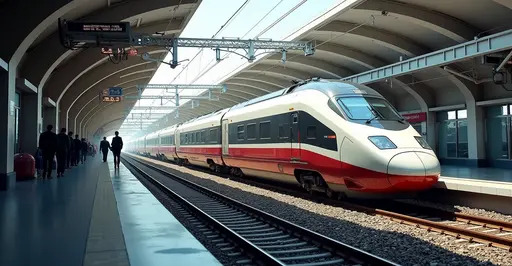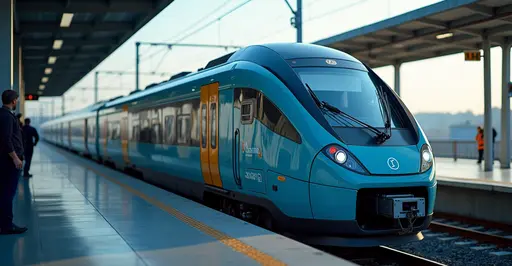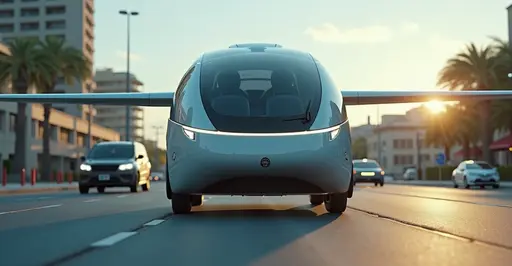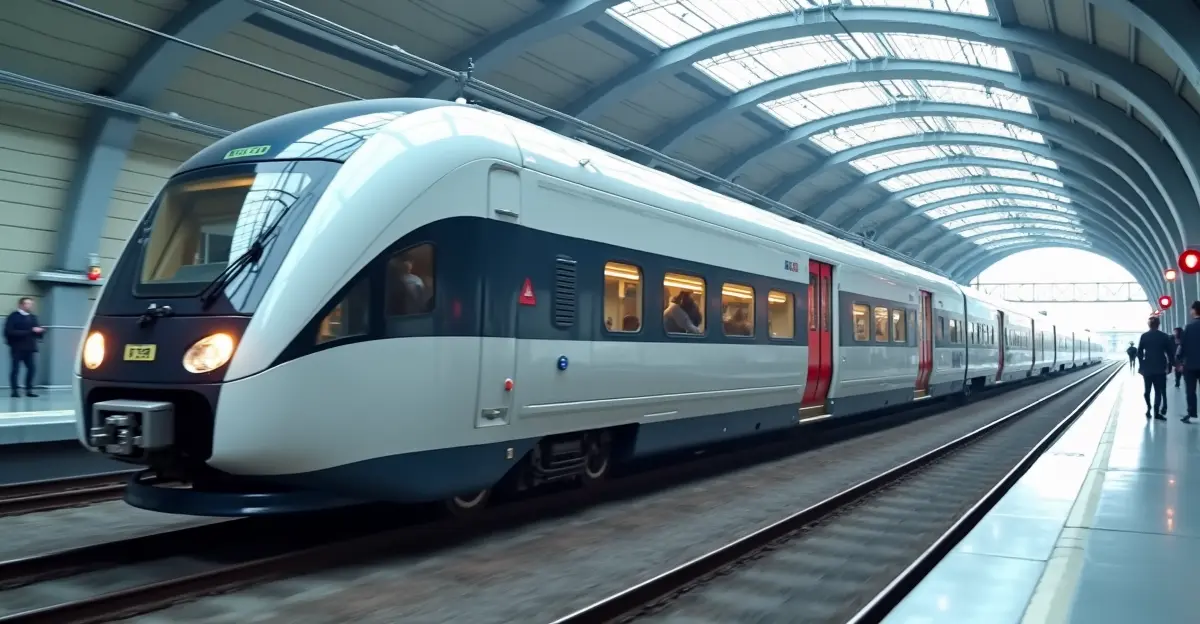EU proposes banning short flights where rail alternatives under 2.5 hours exist, aiming to cut aviation emissions by up to 90% per passenger kilometer.
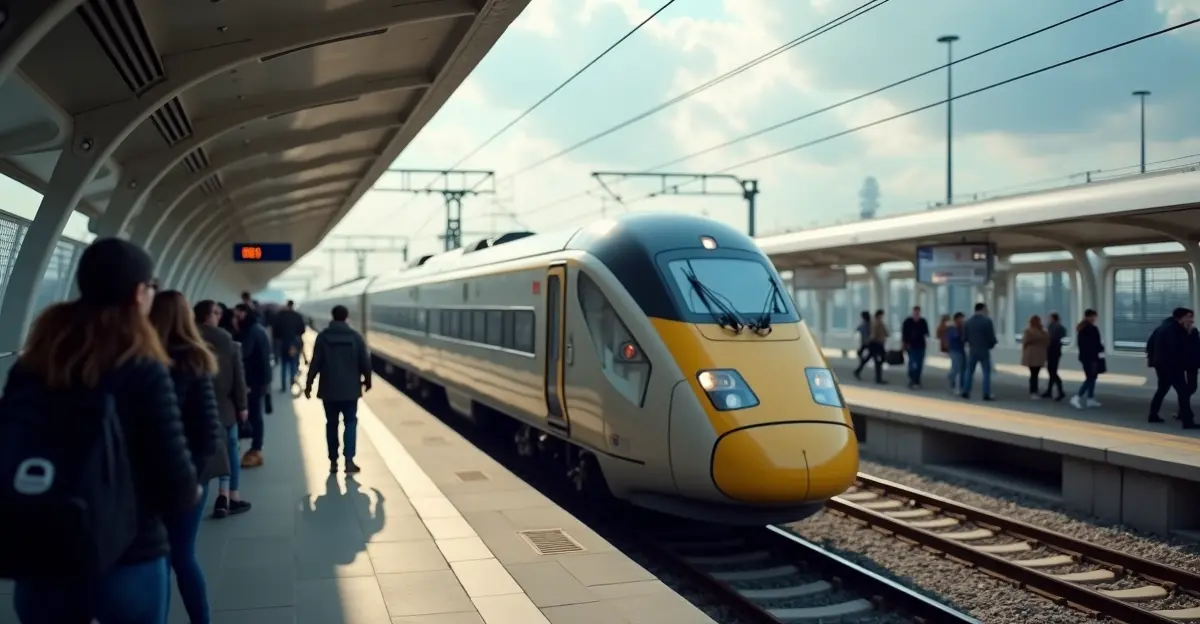
EU Takes Bold Step Toward Sustainable Transportation
The European Union is considering a groundbreaking policy that would ban short-haul flights on routes where high-speed rail alternatives are available. This initiative represents one of the most ambitious climate actions in the transportation sector to date.
What the Proposal Entails
The proposed legislation would prohibit flights between cities that are connected by direct rail journeys of under 2.5 hours. This measure aims to significantly reduce carbon emissions from the aviation sector, which accounts for approximately 2.5% of global CO2 emissions. The policy follows similar successful implementations in France and Austria, where short-haul flight restrictions have already been introduced.
Environmental Impact Assessment
According to European Commission estimates, replacing short flights with rail travel could reduce carbon emissions by up to 90% per passenger kilometer. A typical short-haul flight emits about 133 grams of CO2 per passenger kilometer, while high-speed rail emits only 14-17 grams. The aviation industry has been under increasing pressure to address its environmental footprint, particularly as air travel demand continues to grow post-pandemic.
Rail Infrastructure Development
The proposal is accompanied by significant investment in rail infrastructure across the EU. The European Green Deal has allocated billions of euros to improve cross-border rail connections and upgrade existing networks. Key projects include the expansion of high-speed rail between major European capitals and improved night train services.
Industry Response and Challenges
Airline associations have expressed concerns about the economic impact on regional connectivity and airline operations. However, environmental groups and rail operators have welcomed the proposal as a necessary step toward meeting the EU's climate targets. The policy would exempt certain routes where rail alternatives are not practical due to geographical constraints or where flights serve as essential connections for international travel.
Implementation Timeline
If approved, the ban would be phased in gradually, with full implementation expected by 2027. Member states would have flexibility in how they implement the measures, taking into account their specific transportation networks and geographical considerations.
This proposal represents a significant shift in European transportation policy, prioritizing environmental sustainability over convenience in short-distance travel. It aligns with the EU's broader commitment to achieve carbon neutrality by 2050 and could serve as a model for other regions considering similar measures.

 Nederlands
Nederlands English
English Français
Français Deutsch
Deutsch Español
Español Português
Português



